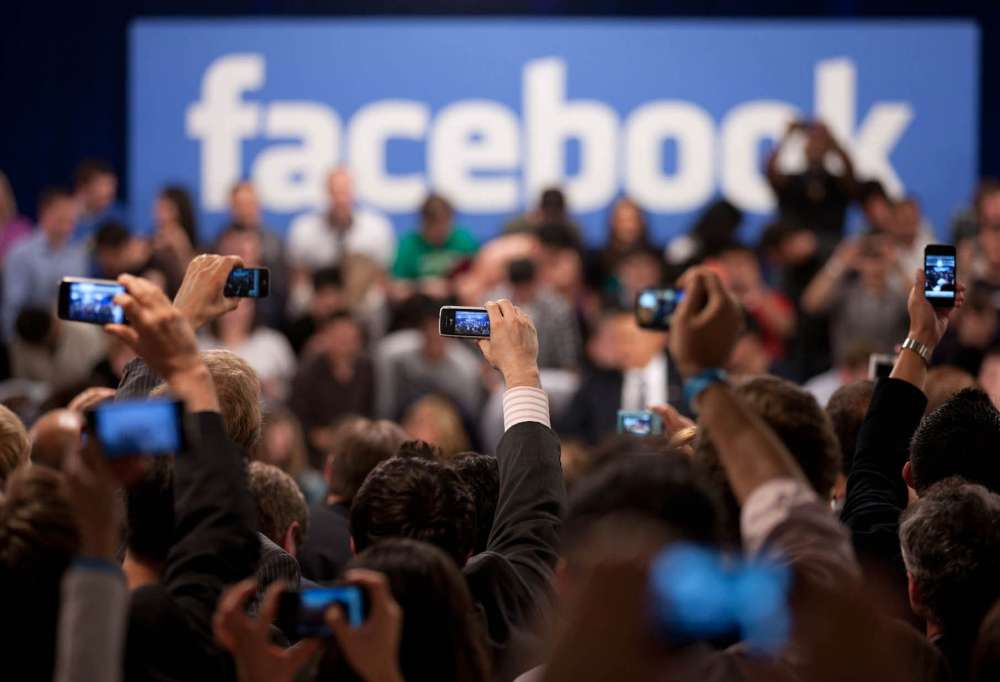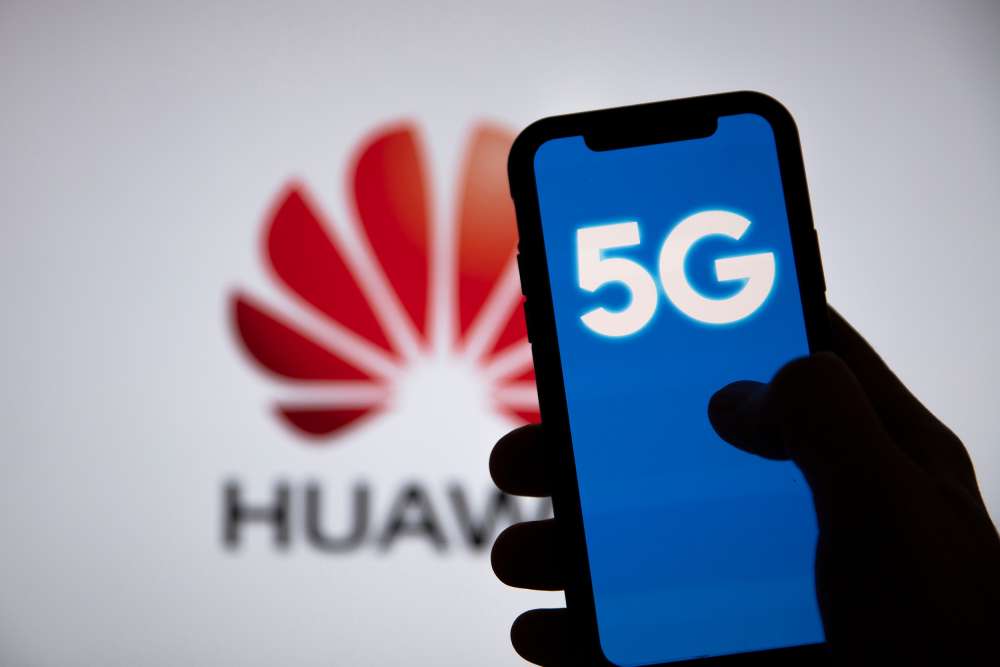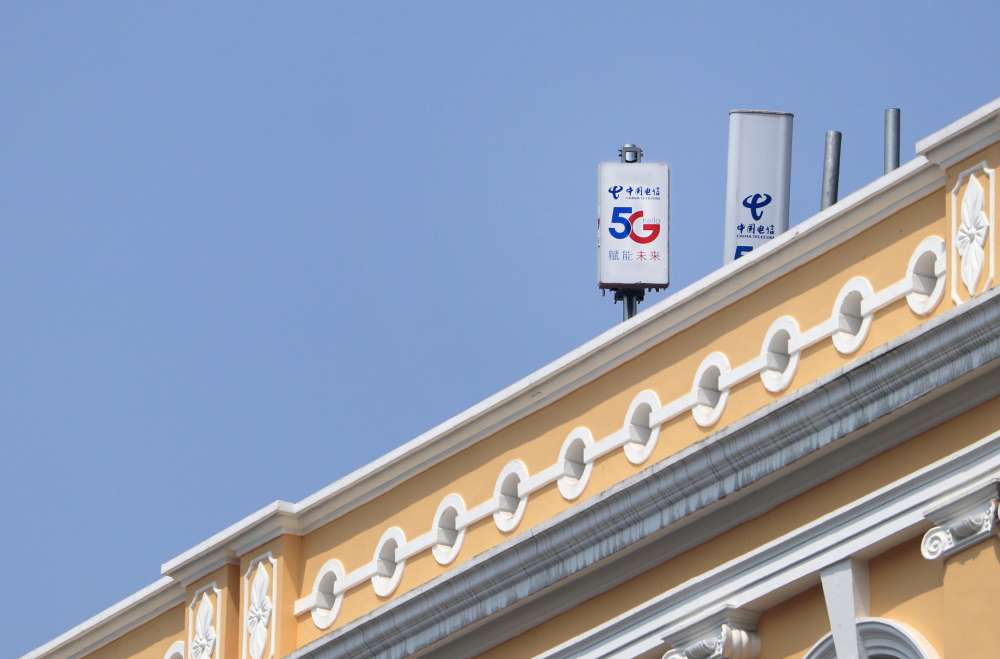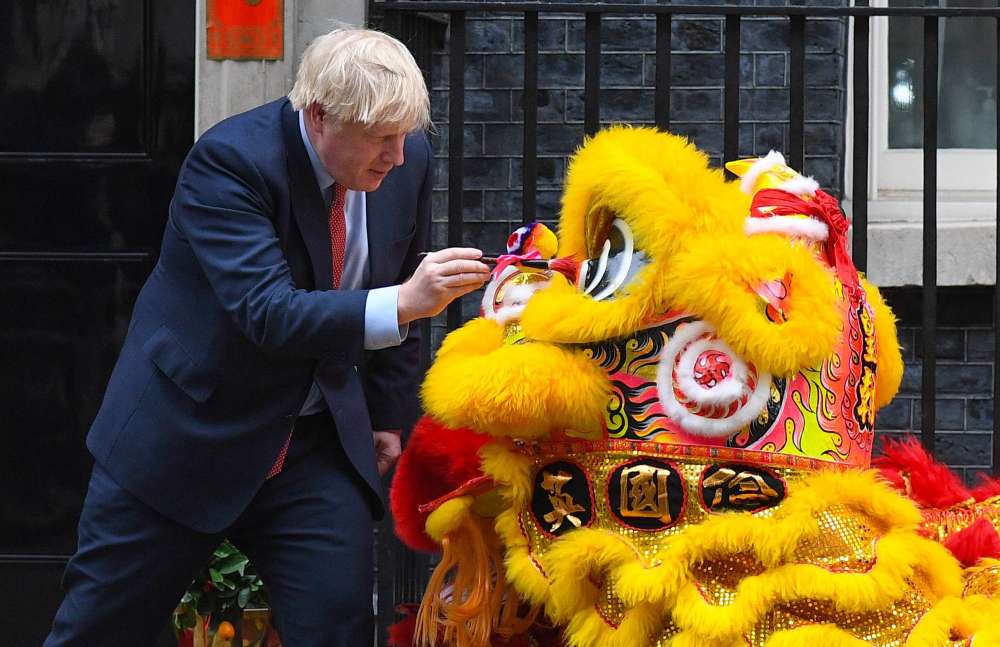The Fight Against Filter Bubbles Needs to Start Offline

German Chancellor Angela Merkel aims to be as uninteresting as possible in public speeches, observed The New Yorker a few years ago. By this standard, her November speech in parliament outlining government priorities started with a big bang: liberal democracy is increasingly under threat in a fundamentally new media environment, the chancellor argued. She decried “self-regenerating amplifications of opinions through certain algorithms.” This builds on her remarks in Munich in late October when she had demanded “that algorithms be more transparent, so that interested citizens are aware of what is happening to their media behavior and that of others.”
With these statements, Merkel thrust herself into the debate on filter bubbles that has emerged in full force in Europe and the US after the election of Donald Trump. In line with concerns about a “post-factual” or “post-truth” age, many see a basic mechanism of liberal democracy – the free formation of informed judgments – being compromised. In 2001, Harvard Law Professor Cass Sunstein presciently warned that “a fragmented communications market creates considerable dangers” for society as a whole “by turning collections of people into non-communicating confessional groups.”
In the eyes of many, the main culprit for filter bubbles are Facebook’s algorithms that personalize the user experience based on likes and other behavior, with the goal of maximizing the time a user spends on the platform. Users stay longer if presented with content they like and agree with, which is exactly what Facebook algorithms provide to them in their feeds. While there are many reasons to take a critical look at the business models and practices of Facebook and other Silicon Valley behemoths, the problem with filter bubbles runs much deeper than Facebook’s algorithms.
Unlike fake news and hate speech online, filter bubbles cannot be regulated away. Human behavior and preferences, not technology, are at the heart of a problem that begins offline. Yes, Facebook works like an echo chamber, amplifying opinions; but the filter bubble problem starts with the practices of citizens. In our offline world we construct our cozy equivalent bubbles, carefully selecting the friends we interact with based on common experience, preferences and interests. And in political discussions, as selective exposure theory has long demonstrated, most seek affirmation and avoid challenges. This pattern is mirrored, but only partially reinforced online. The political polarization of a Facebook news feed depends mostly on the degree of homogeneity of the users’ friends.
Filter bubbles, as they draw on existing human behavior and preferences for support, cannot be easily popped. However, there are small steps that social media platforms such as Facebook and users can and should take to make the bubbles less powerful. Facebook, for example, should allow its users to select a feed of “opinions I will likely disagree with.” In the meantime, users can trick the algorithm by liking pages they do not agree with or erasing the log of preferences and interests that Facebook keeps on each user. But we should not harbor any illusions. Only individuals who are otherwise very reflective in terms of their media consumption are likely to use such options. The former tabloid reader now exclusively consuming news from his or her social media feed is unlikely to take such steps. Merkel’s “interested citizen,” who would study algorithms made visible, is a rare creature.
Political attention should focus on the other dangerous phenomena shaping public opinion that are exacerbated by but do not originate in filter bubbles. In her speech, Merkel also pointed out that “today, fake pages, bots, trolls can distort opinion formation.” These menacing factors – like Russian propaganda or influence operations, such as the one to interfere with US elections – benefit from the closed walls of filter bubbles. Thus, it is all the more important to better defend politically against propaganda and influence operations, in addition to using regulation to disrupt the use of bots and the fake news business model. And of course, innovative ways of fostering citizen engagement online need investment and strengthening.
On top of that, Merkel said that citizens need to stand up for openness and tolerance, which involves going beyond one’s own comfort zone and reaching out to those who do not share one’s worldviews and living environment. Anyone who is serious about the fight against filter bubbles needs to start offline. The German election campaign in 2017 is a good opportunity for this. Leaving the cozy bubble of your Kreuzberg or Prenzlauer Berg neighborhood and making the trek out to have a discussion at a campaign booth in Marzahn or Hellersdorf will be worth the while.
…
This is the English version of a commentary originally published by Tagesspiegel on December 12, 2016. It was written as part of the Transatlantic Digital Debates program.







